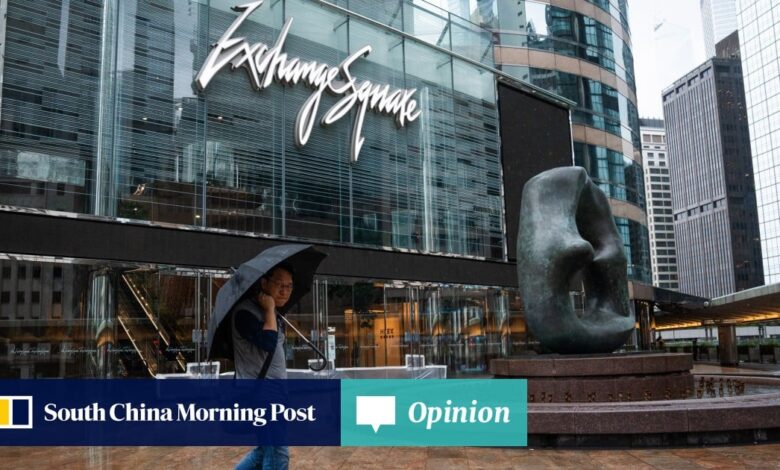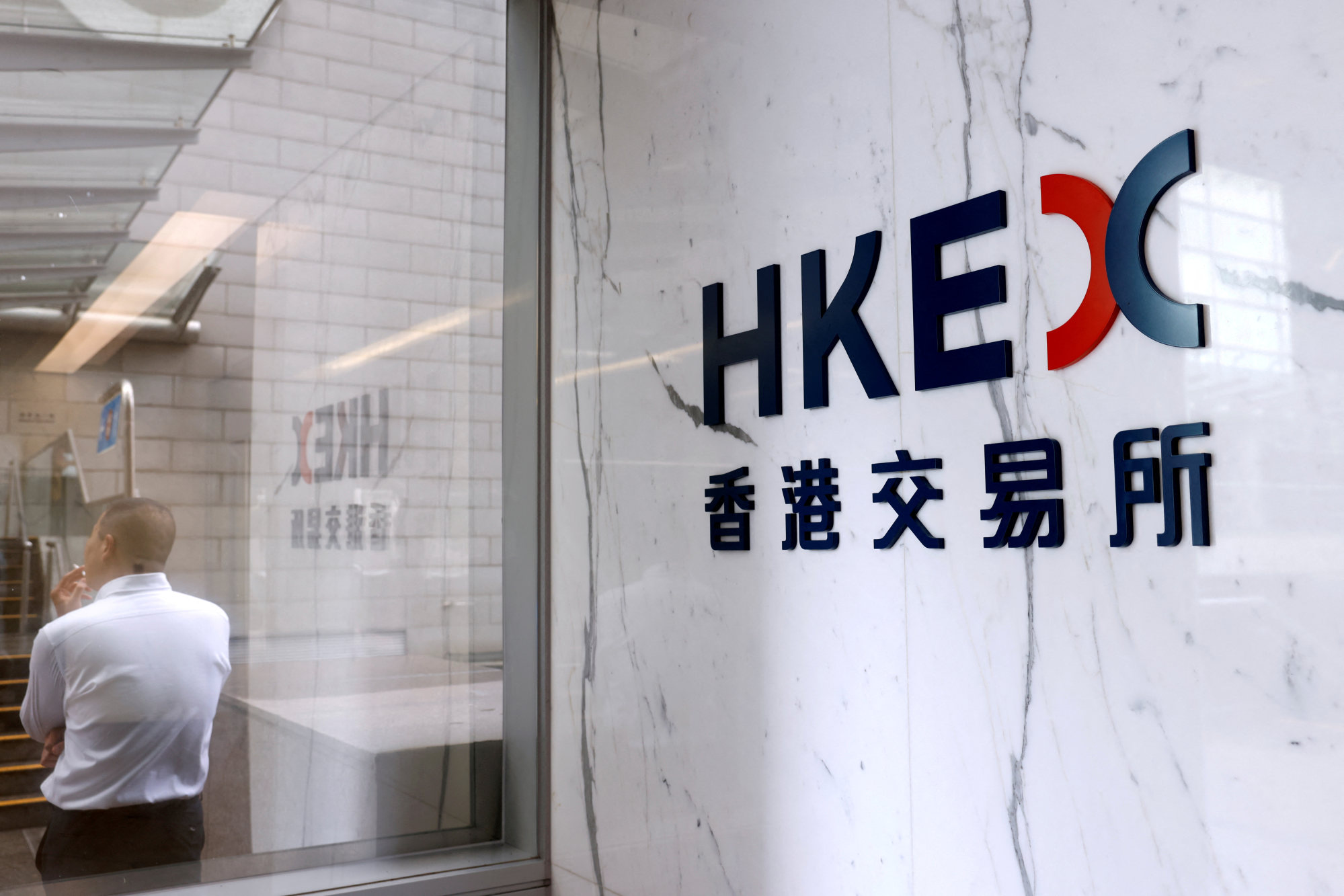Opinion | Securities lending and short selling can boost Hong Kong stock exchange’s liquidity push

[ad_1]
Securities lending and borrowing involves the owner of shares or bonds transferring them temporarily to a borrower. The borrower typically collateralises the loan and pays a borrowing fee to the ultimate owner.
About US$2.6 trillion of securities were on loan globally at the end of June, according to the International Securities Lending Association, and securities lending is widely recognised as supporting liquidity and price discovery in capital markets.
Hong Kong is a leading market for securities lending and borrowing, founded on long-established practical and pragmatic rules. This area of financial markets enables investors to hedge risk and express a view on the direction of stocks through short selling.
The city’s regulators have long understood the importance of this market to generating liquidity. Securities lending thrives in Hong Kong because short selling is transparent and well-regulated. However, there are several ways that these practices could be enhanced to help unlock additional liquidity for the broader market.

The commission pointed out that the short-selling ratio reached the second-highest level on record on June 5 this year at 23.4 per cent, with 56 per cent of the day’s short-selling accounted for by major ETPs. The market-makers who create new exchange-traded fund (ETF) units – the main type of ETP – also need to manage the risk of exposure to the shares they must buy to create ETF units by taking short positions.
The dollar value of this activity has also increased even as overall market turnover declined in the same period. Average daily trading volume in Hong Kong-listed ETFs in the first half of 2023 was HK$13.9 billion (US$1.8 billion), up from HK$12 billion in 2022 and HK$7.7 billion in 2021. But the main board’s overall average daily trading volume in July was down by 15 per cent year on year and 18.7 per cent on two years earlier.
These figures show that securities lending and short selling are intrinsic to the growth of products that buck the broader trend of declining liquidity in Hong Kong. It follows that the task force should examine ways to further encourage these activities in Hong Kong as part of its efforts to boost market turnover.
There are several specific measures this group could consider. First and foremost, Hong Kong could make all stocks eligible for short-selling. At present, according to the Hong Kong stock exchange website, the designated securities eligible for short selling are limited to around one third of all listed securities in the Hong Kong market.
Dual counter model: why Hong Kong’s latest equity innovation matters to investors
Dual counter model: why Hong Kong’s latest equity innovation matters to investors
Liquidity could likewise be increased by reducing the amount of time for which a listed company can suspend itself from trading. Alternatively, a grey board, or over-the-counter mechanism, that allows buyers and sellers for suspended stocks to be matched could be created.
Introducing measures such as these would build on the city’s deserved reputation as one of the world’s most sophisticated capital markets and could be important components of a broader strategy to increase liquidity. As well as looking at ways to encourage IPOs and cut transaction costs, we hope the task force will also consider ways to enhance securities lending and short-selling in Hong Kong as they have a proven ability to generate additional liquidity.
Jason Wells is chairman of the Pan Asia Securities Lending Association (PASLA)
[ad_2]
Source link


.jpg?itok=zSWXqQCw)



